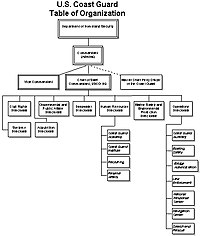Management
From Wikipedia, the free encyclopedia
"Manager" redirects here. For other uses, see Management (disambiguation) and Manager (disambiguation).
Management is also an academic discipline, a social science whose objective is to study social organization and organizational leadership. Management is studied at colleges and universities; some important degrees in management are the Bachelor of Commerce (B.Com.) and Master of Business Administration (M.B.A.) and, for the public sector, the Master of Public Administration (MPA) degree. Individuals who aim at becoming management researchers or professors may complete the Doctor of Business Administration (DBA) or the PhD in business administration or management.Management (or managing) is the administration of an organization, whether it be a business, a not-for-profit organization, or government body. Management includes the activities of setting the strategy of an organization and coordinating the efforts of its employees or volunteers to accomplish its objectives through the application of available resources, such as financial, natural, technological, and human resources. The term "management" may also refer to the people who manage an organization.
In larger organizations, there are generally three levels of managers, which are typically organized in a hierarchical, pyramid structure. Senior managers, such as the Board of Directors, Chief Executive Officer (CEO) or President of an organization, set the strategic goals of the organization and make decisions on how the overall organization will operate. Senior managers provide direction to the middle managers who report to them. Middle managers, examples of which would include branch managers, regional managers and section managers, provide direction to front-line managers. Middle managers communicate the strategic goals of senior management to the front-line managers. Lower managers, such as supervisors and front-line team leaders, oversee the work of regular employees (or volunteers, in some voluntary organizations) and provide direction on their work.
In smaller organizations, the roles of managers have much wider scopes. A manager can perform several roles or even all of the roles commonly observed in a large organization. There are many more smaller organizations than larger ones.

No comments:
Post a Comment